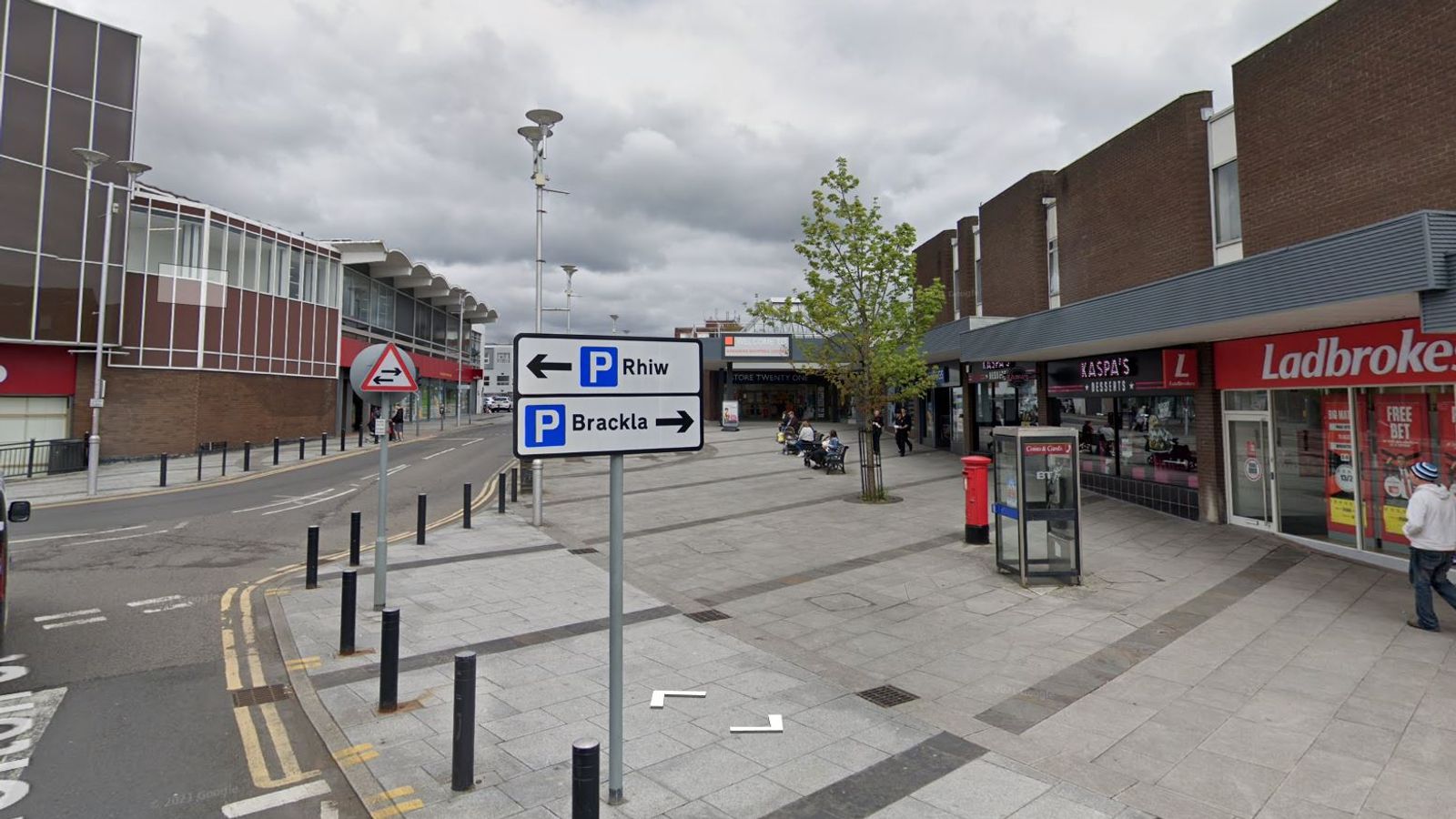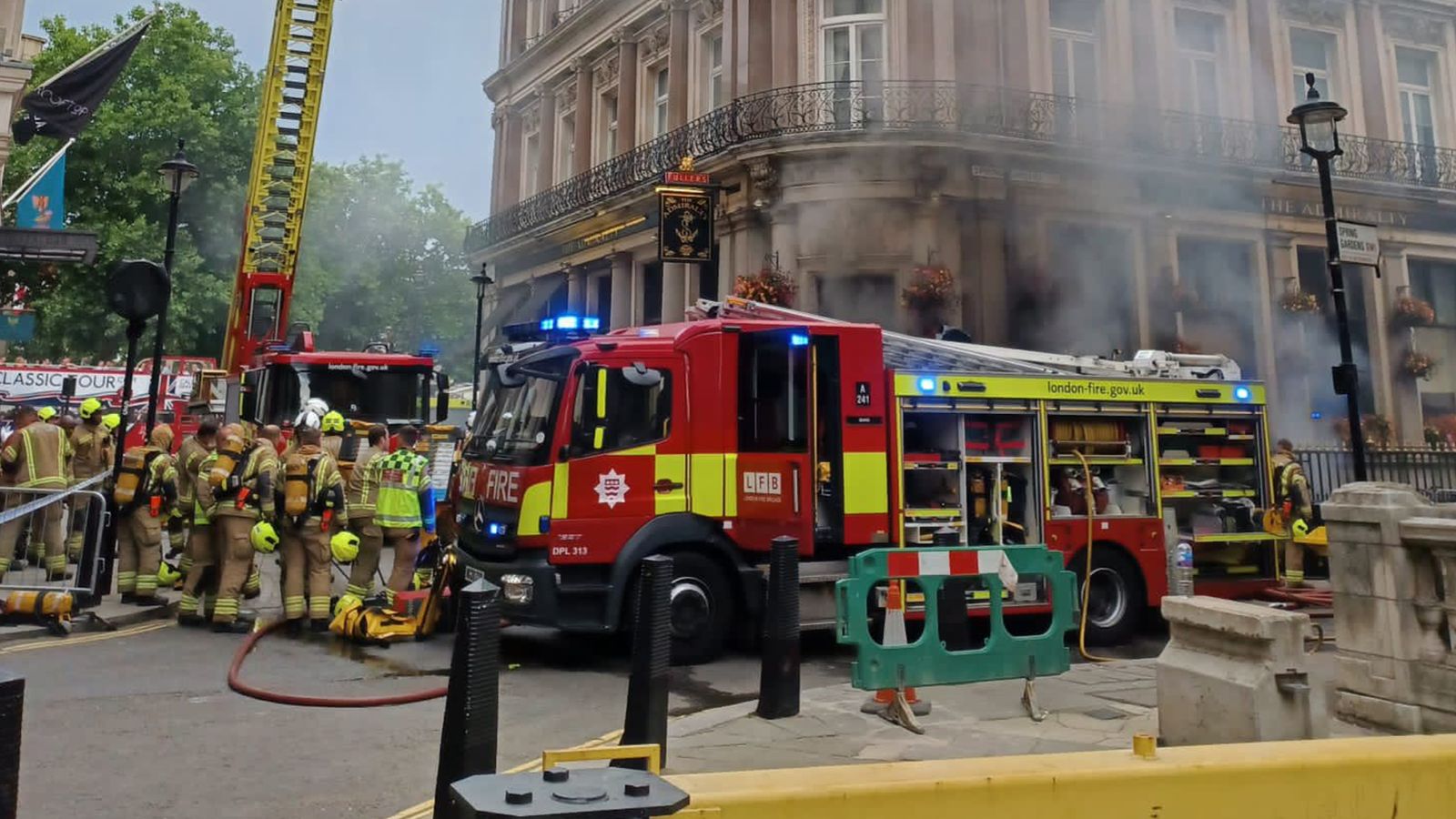NHS staff could soon be made exempt from coronavirus self-isolation requirements.
Downing Street said on Friday that ahead of Step 4 of restrictions being lifted on 19 July, officials were examining whether NHS staff could be freed of the obligation to self-isolate if “pinged” by the coronavirus app.
Under current plans, those who are fully vaccinated will be able to forgo self-isolation even if the app detects they have been in contact with someone who has tested positive after 16 August.
But this may be brought forward for NHS staff, as leaders warned of the significant backlog of non-COVID conditions which will only be worsened if staff are at home.
On Thursday, Chris Hopson, chief executive of NHS Providers, said staffing levels were being hit because of staff self-isolating.
And on Friday, the prime minister’s official spokesman, when asked if there could be a specific exemption for NHS staff, said: “It’s something we’re looking at ahead of Step 4, but we would obviously need to set out any updates in the usual way.”
The number of exposure alerts sent to users of the app in England soared by more than 60% in a week, according to the latest contact tracing figures.
And it has led to a plea for the public not to delete the app.
The Number 10 spokesman said the app had been an “important tool” in breaking the chain of transmission of coronavirus.
“The prime minister has been clear that he continues to use it,” the spokesman said.
Transport Secretary Grant Shapps said the sensitivity of the app is being kept under constant review and that it could possibly be tweaked “to be suitable to the circumstances of the time”.
But Justin Madders, Labour’s shadow health minister, said: “It is hard to square this plan with the more transmissible Delta variant, now is not the time to be taking the batteries out of the smoke alarm.”
Meanwhile, The Times newspaper reported that fears over a fourth wave in the autumn meant pubs, restaurants, and nightclubs would be forced to ensure customers have a COVID certificate that proves they are vaccinated, had a negative test, or have another form of immunity.
The government’s certification review release earlier in the week said although the so-called vaccine passports would not be mandated now, it did not rule out the prospect if England faces “a difficult situation in autumn or winter”.
It comes amid further fears over the rising number of cases.
As of 9am on Friday, there had been a further 35,707 lab-confirmed COVID-19 cases in the UK, the government said, the highest daily increase since 22 January.
A further 29 people had died within 28 days of testing positive for COVID-19 as of Friday, bringing the UK total to 128,365.
Elsewhere, the latest figures from Public Health England (PHE) show cases of the dominant Delta variant rose by a third in the past week.
A total of 216,249 confirmed and probable cases of that variant – first identified in India and which now accounts for approximately 99% of confirmed cases of coronavirus across the UK – have been identified in the four nations.
Of these, 180,643 have been in England, 28,559 in Scotland, 3,666 in Wales and 3,381 in Northern Ireland.
It remains the case that the majority of people being admitted to hospital in England with the Delta variant are unvaccinated, according to the PHE figures.
And it was announced on Friday that extra support would be rolled out in Oxford due to a rise in cases.





